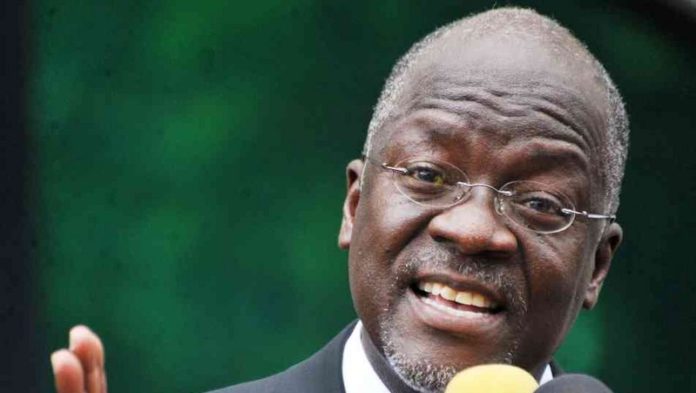
TANZANIA “had a legitimate beef” in its dispute with Barrick Gold subsidiary Acacia Mining and the solution now reached “… would make Africa a very different place in ten years time if this formula could be migrated across Africa”.
That’s the view of Barrick CEO, Mark Bristow, who declared himself satisfied with the settlement and rejected the allegation that his group had given away too much to reach the agreement which included the payment of $300m to settle tax claims by the Tanzanian government.
“I would like to believe this is a foundation on which to go forward in Africa generally because it really does recognise the importance of partnership.
“Let’s set aside the $300m fine. That’s for past whatever and the Tanzanian government never threatened nationalisation. What it was after was a fair deal and John’s (Barrick chairman, John Thornton) involvement back in 2017 very clearly captured that.
“Fundamentally, Acacia was an irresponsibly-run business and it was not properly managed. It was a small company with a head office in London and another head office in South Africa. Management was through ex-patriates living in Dar es Salaam and Arusha and not even on the mine sites.
“A true measure of partners is 50/50 after the recoupment of capital expenditure although this can be a few per cent either side. The beef in Tanzania was that these mines had been run since the 1990’s but they had not paid tax. That’s tantamount to 100% the other way (from nationalisation). Everybody is getting the benefit except the host country treasury.”
Bristow added that: “This is now a true partnership in that when you win, you win together and when you lose, you both lose. This effectively splits the pie as a national asset and one thing a gold company will never lie about is the gold it produces so you can see the revenue. “
Bristow also emphasised the benefits of having Tanzanian government representatives sitting on the boards of mining companies where they could see for themselves exactly what was going on.
“One thing that gave Acacia management an allergic reaction was this concept of a joint management company, but that’s the premise of our investments. Mali is 20% shareholder (in our mines in Mali) and sits on our boards. It’s the same in Ivory Coast and the same in the Democratic Republic of Congo.
“So that is what Twiga (the new JV set up with the Tanzanian government) is. They have the authority to call us to account.
“Previously they have never had the right to see the budget. Now they have the right, for example, to seek the background on a capital request. That’s a legitimate request from a board member to which we say – ‘sure’.”
Asked about the measures taken by the Tanzanian government against the former Acacia – including demanding $190bn for unpaid taxes plus penalties and interest – Bristow replied: “That’s a measure of the desperation felt. Tanzania is a country that is resource reliant. It felt exploited as do most African countries for different reasons.”










